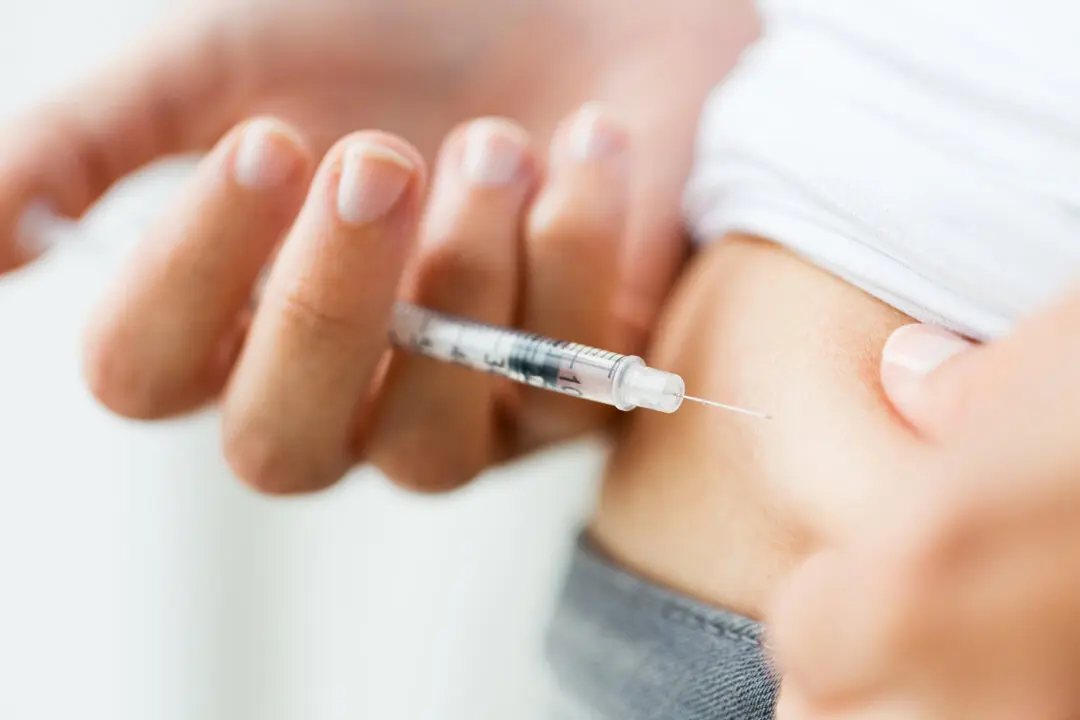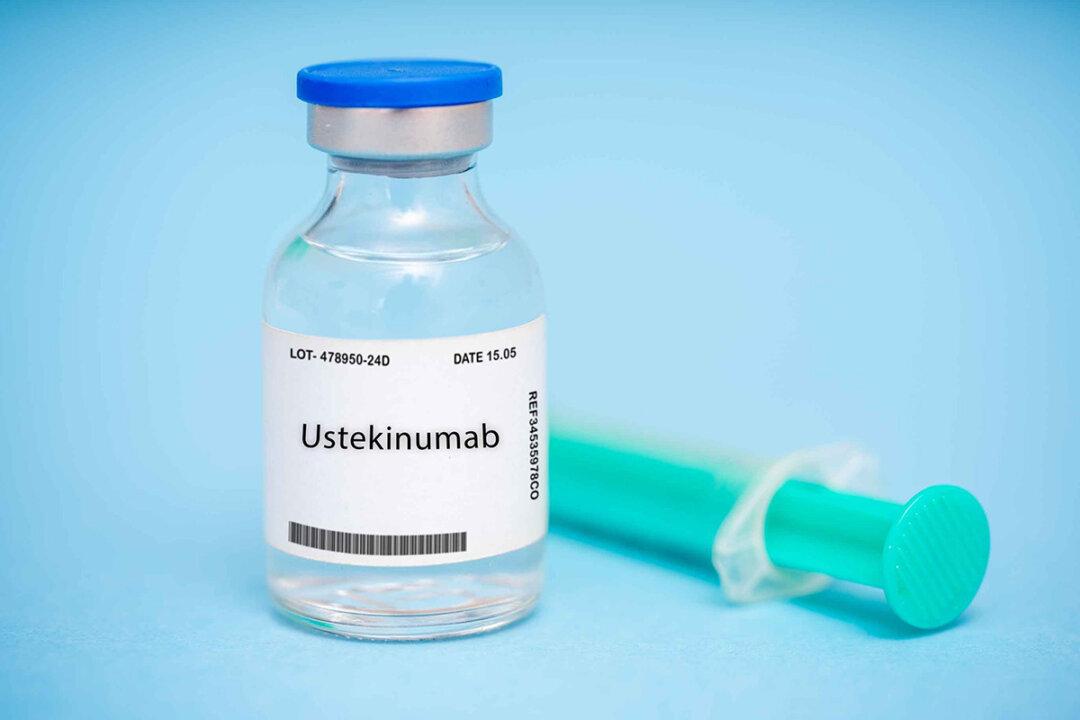The FDA warned that Philips’s popular DreamStation 2 CPAP machines, used by millions to treat sleep apnea, pose severe burn risks after the agency received hundreds of incident reports.
The devices have overheated, smoked, and caught fire during use at home and in clinics, resulting in injuries.
The Philips DreamStation 2 CPAP machine helps people by providing positive air pressure to keep airways open during sleep. Sleep apnea, which affects about 39 million Americans, is a common disorder that causes repeated stops and starts in breathing during sleep.
How to Properly Use the Device
Between August 1 and November 15, the FDA received 270 reports from consumers about overheating and fire issues with the Philips DreamStation 2 CPAP machines. To reduce safety risks, the agency provided specific usage instructions from the device manual:- Place the CPAP machine on a firm, flat surface
- Keep the CPAP away from carpet, fabric or other flammable materials
- Thoroughly clean the CPAP machine
- Empty the CPAP machine’s water reservoir
- Allow the CPAP’s heater plate and water tank to cool for 15 minutes before handling to avoid burns from touching hot components or heated water
Philips CPAPs Plagued by Repeat Safety Failures
The DreamStation 2 warnings compound issues for Philips stemming from a June 2021 recall of sleep devices containing hazardous foam. The recalled products used polyester-based polyurethane (PE-PUR) foam that could break down and release particles, chemicals, and toxic gas when inhaled. This posed severe health risks like irritation, inflammation, nausea, and carcinogenic effects, the FDA found. The urgent recall—which came after more than 1,200 complaints and more than 100 injury reports—affected millions of respiratory machines sold since 2009.However, reports alleged Philips knew of these defects for years, violating requirements to promptly report issues resulting in deaths. For example, Philips received complaints of black debris and oily residue coming from machines as early as 2010, according to investigative findings from ProPublica and the Pittsburgh Post-Gazette. Companies that manufacture medical devices are required by federal law to report defects to the FDA within 30 days of patient injuries, death, and malfunctions. Philips waited years, ProPublica found.
In September 2023, Philips declared that it had reached an agreement to provide compensation to American customers impacted by the 2021 recall. Although the exact amount was not disclosed, the U.S. branch of the Dutch company allocated $615 million in the initial quarter of 2023 to account for the estimated final costs, according to a report by TechXplore.
While part of the DreamStation series was included in the initial recall, the FDA clarifies the DreamStation 2 does not contain the problematic PE-PUR foam. Still, given the gravity of the previous issues, regulators remain in close talks with Philips to determine the exact cause behind the over 270 new incident reports related to DreamStation 2 fires and burns.






